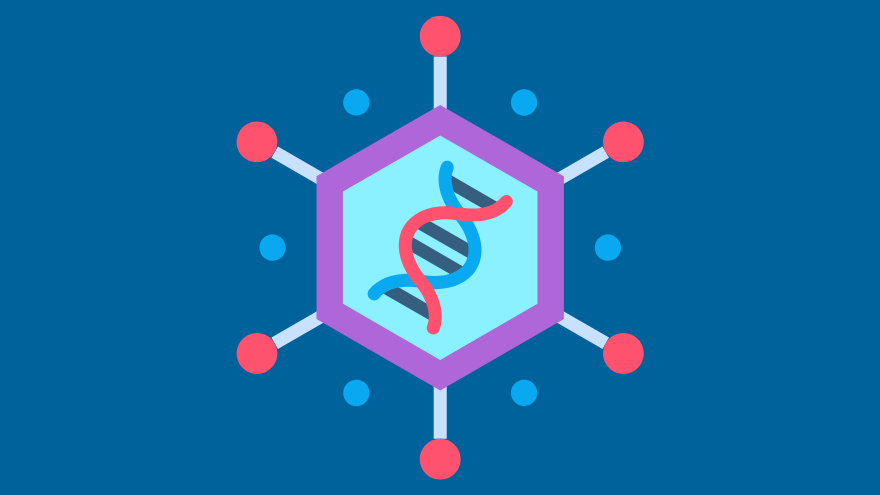
M/NASH & Genetic Research Studies

About the Metabolic & Non-Alcoholic Steatohepatitis (M/NASH) Sub-Study
Renown Health and Gilead Sciences, Inc. partnered on July 11, 2019, to better understand a type of liver disease called Metabolic & Non-Alcoholic Steatohepatitis (M/NASH). By analyzing genetic and electronic health data, researchers hope to improve knowledge of M/NASH and support the development of future treatment options.
Why M/NASH Matters
M/NASH impacts between 2-12% of the U.S. population and can progress to liver cirrhosis, require transplant, and risk of progression to more liver disease. If a person has family members who had or currently have M/NASH or Nonalcoholic Fatty Liver Disease (NAFLD), they may be at risk. Additionally, having certain health conditions may increase a person’s risk to develop M/NASH. These include:
✓ Being overweight or obese
✓ High cholesterol or high triglycerides
✓ Type 2 diabetes
✓ Insulin resistance or prediabetes
How This Study Works
- Uses genetic information from Renown’s Healthy Nevada Project
- Includes medical record data such as blood or imaging results
- All data is stripped of identifiers to protect your privacy and comply with strict research policies
Genetic Studies


M/NASH
Find out if you qualify for a study linking genes and liver disease.

Other Genetic Study Opportunities
